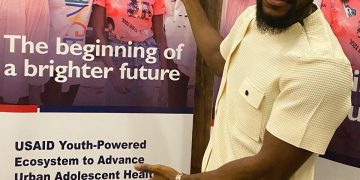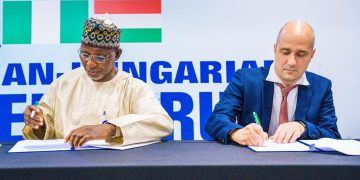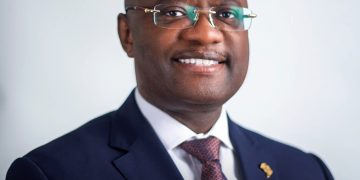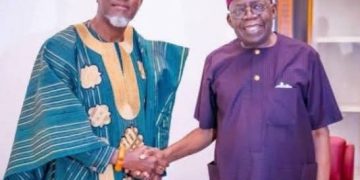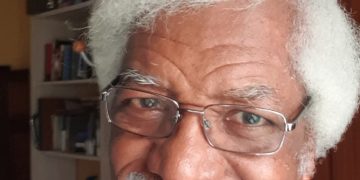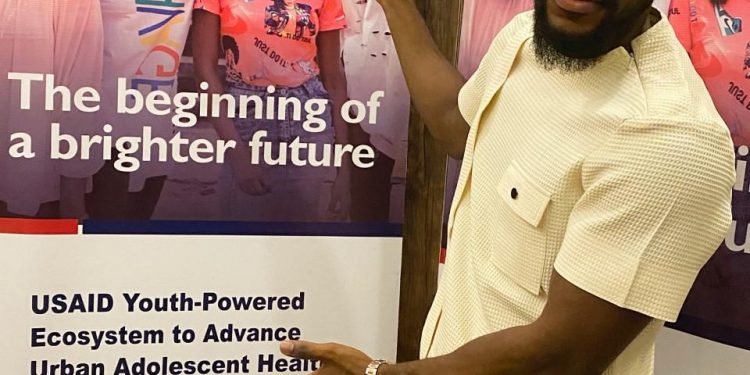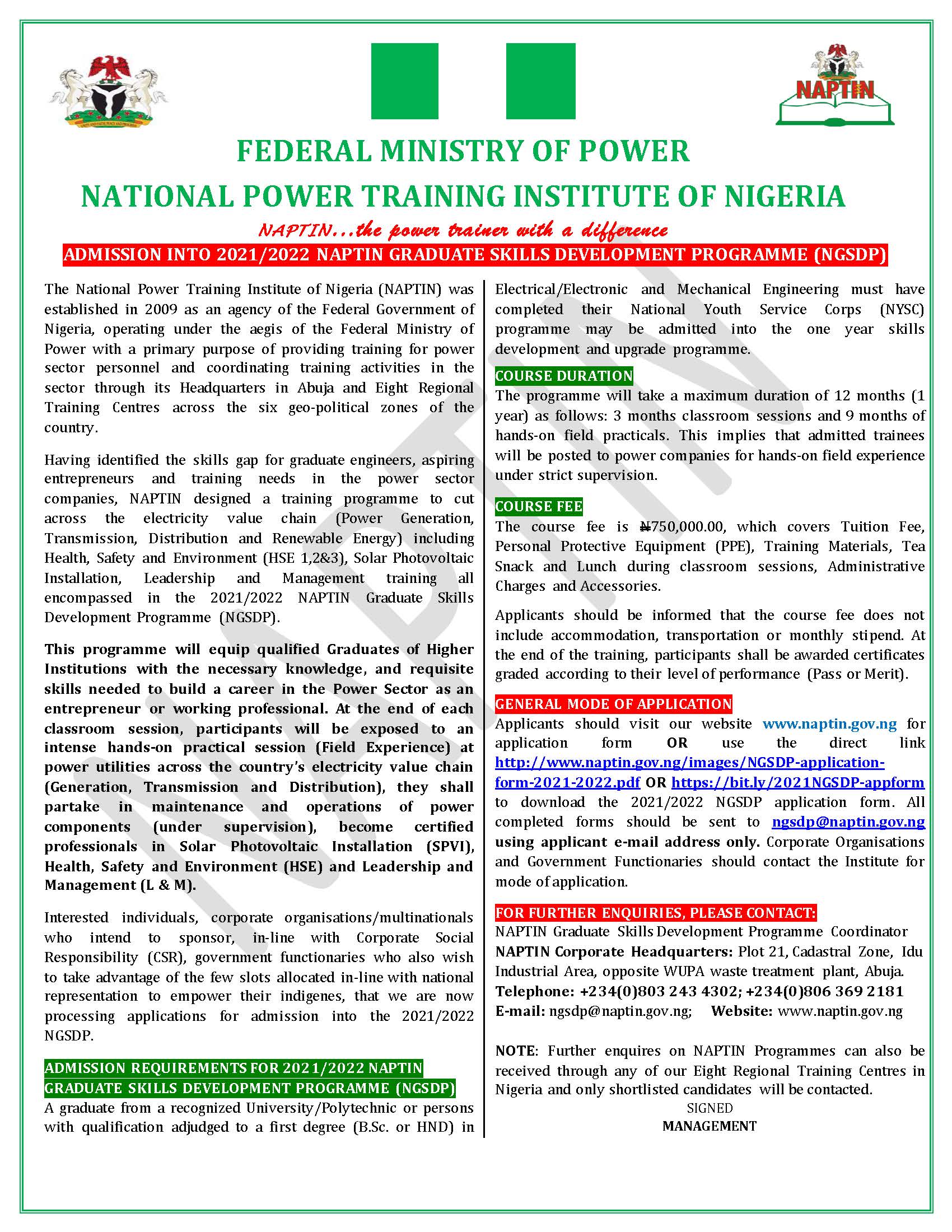By YANGE IKYAA
A new project of the United States Agency for International Development (USAID), which was launched recently has been designed to empower as many as two million young Nigerians with life skills and resources to realize their futures.
This is according to a statement issued today, March 1, by the United States embassy in Abuja, a copy of which was sent to The Africanscholar.
The five-year “Youth-powered Ecosystem to Advance Urban Adolescent Health Project (Adolescent Health),” which was launched on February 24, 2021, is valued at $15 million and will help teens access reproductive health services within a holistic context of youth empowerment. It is expected to be coupled with a deeper understanding of the challenges that adolescents face, and implemented in Nigeria’s two largest cities, Lagos and Kano.
“By investing in youth, USAID is helping prepare the next generation to lead Nigeria to a more healthy and prosperous society,” said health office director, Paul McDermott, who joined minister of health, Dr. Osagie Ehanire, at the virtual launch ceremony.
According to McDermott, “young people can make a strong contribution to a more productive and prosperous Nigeria if they are healthy and informed.”
Nigeria’s burgeoning urban youth population includes an increasingly marginalized segment of individuals, who might be out-of-school, unmarried, or poor. They are also vulnerable to sexually transmitted diseases and unplanned pregnancies and face barriers to accessing reliable health information. Traditional programs have only struggled to meet these needs.
USAID says adolescent health will build a network of youth hubs to provide age-appropriate access to a host of services, and teach life skills, leadership, and work readiness. Through partnerships with the private sector, the activity will connect adolescents to internships and employment opportunities.
The hubs will provide safe spaces for adolescents to receive information and support to uptake reproductive health and improved behaviors through regular interventions, club meetings, youth-led events, groups, camps, and other community outreach and events.
They will also improve access to counseling and referrals, youth-friendly health providers, gender-based violence services, substance abuse, and mental health programs. In addition, an associated youth advisory council, composed of 60 percent girls, will provide insights and inputs to the hubs, thereby developing their leadership and decision-making skills.
“We must devise ways and mechanisms to continually improve the general health, skill acquisition and overall development of the Nigerian youth,” said Tobi Bakre, 25-year-old reality star and youth ambassador for the new activity. “I implore every Nigerian to get involved.”
The activity will be implemented by Development Alternatives Incorporated, in partnership with Grassroot Soccer, Women Friendly Initiative, Yellow Brick Road and the Youth Empowerment and Development Initiative.
